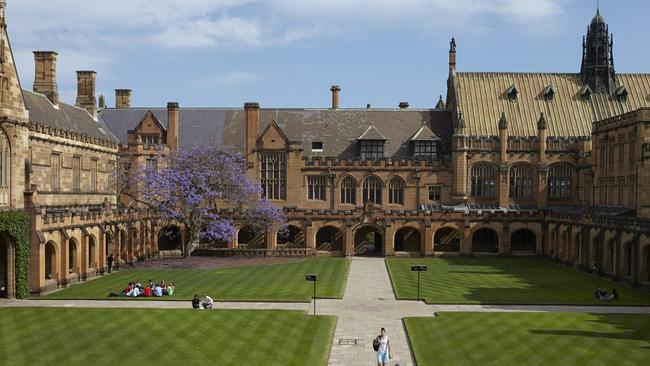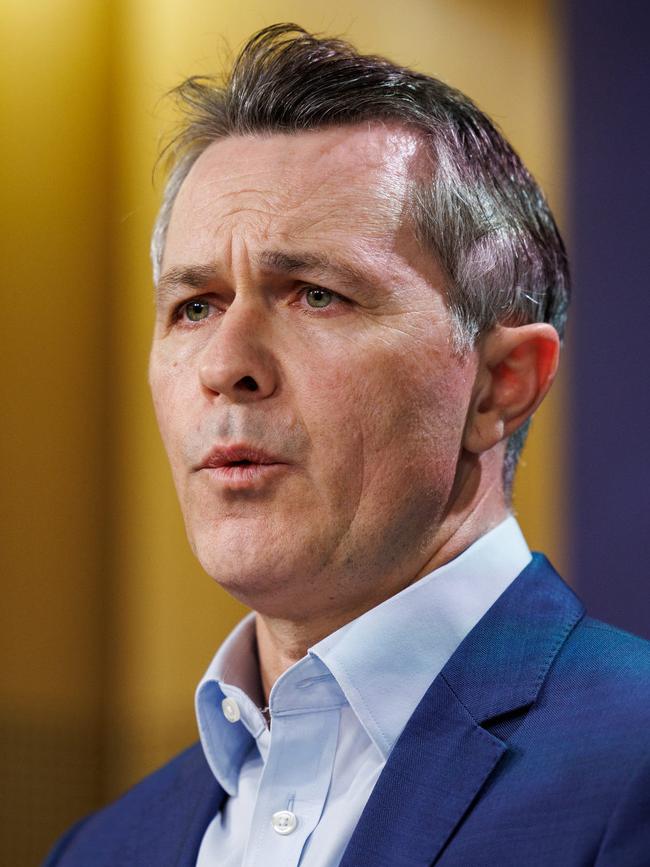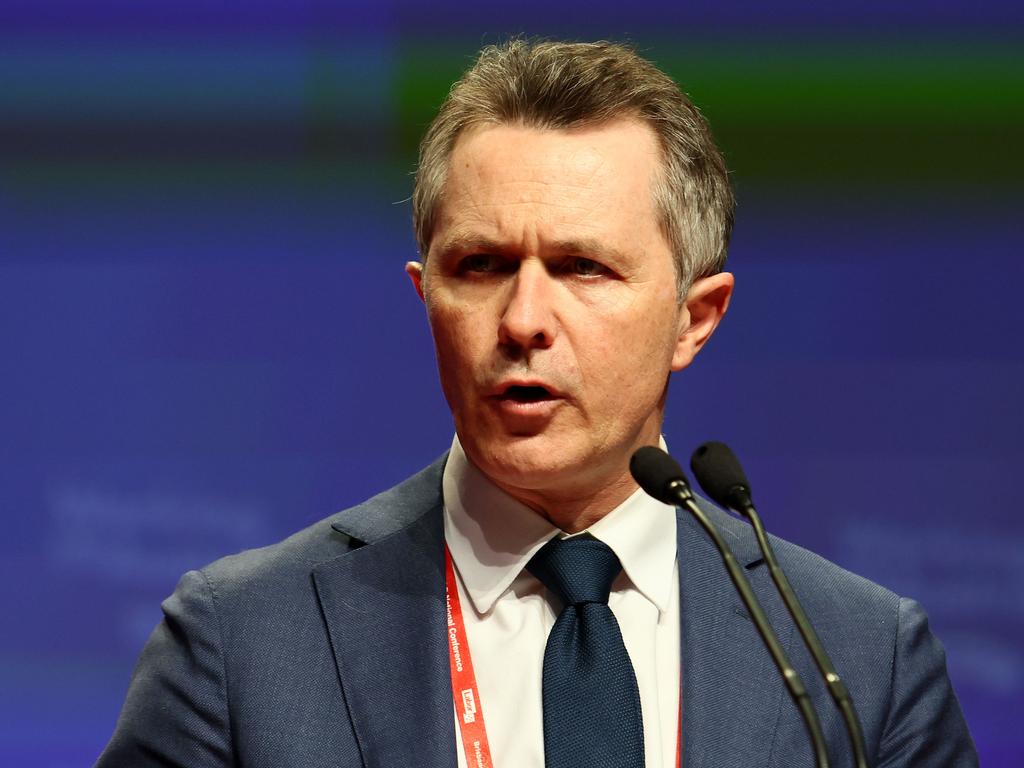Controversial university tax shelved amid international student squeeze
Labor has shelved a proposal to impose a controversial levy on wealthy universities, following fierce backlash amid a squeeze on international student enrolments.

The Albanese government has shelved a proposal to impose a levy on wealthy universities, following a fierce backlash from the sector amid a squeeze on international student enrolments in a bid to curb migration.
It is understood Tuesday’s federal budget will not include an announcement to establish a $10bn Higher Education Future Fund to bankroll infrastructure and student housing projects, as was proposed in a recommendation under a review of the tertiary sector.
Industry insiders anticipate the proposal for the government to match funding provided by public universities will be removed from the first suite of policy announcements responding to the Universities Accord report released in February.
The proposal, outlined by review chair Mary O’Kane in the final report, was to establish a fund to build the infrastructure required for the sector to “cope with projected future enrolment growth” through matched contributions. The concept was originally floated as a financial levy on foreign student fees which would be redistributed throughout the sector, provoking significant criticism from the nation’s wealthiest universities.
The government has since introduced measures targeted at slashing the number of overseas students allowed to enter the country, prompting warnings that the increase in visa rejections was harming the sector’s viability and reputation.
Australian National University higher education expert Andrew Norton said the proposal as outlined would place Education Minister Jason Clare at the centre of a political fight if acted on, adding that the recommendations seemed to have been “written to be rejected”.
“One of the reasons is that the Accord final report recommends government matching money coming into it, which of course they will be very un-keen to given all the other budget priorities,” he said.
“I think the revenue to go into the fund will be lower than anticipated at the time of the Accord report, due to the visa crackdowns as students won’t be coming in insane numbers.
“The practical consequences of this particular group by universities will be to do less research for an extended period of time in order to put profits into this fund. And it’s very unclear what the value add will be.”

Phil Honeywood, chief executive of the International Education Association of Australia, said the shift away from a specific tax on overseas students to a more general levy was welcomed by the sector, which was struggling following a drop in enrolments.
“The last thing the beleaguered international education sector needs at the moment is any more taxes or imposts,” he said. “So clearly, the general service levy will be welcomed by most institutions who recruit international students.”







To join the conversation, please log in. Don't have an account? Register
Join the conversation, you are commenting as Logout